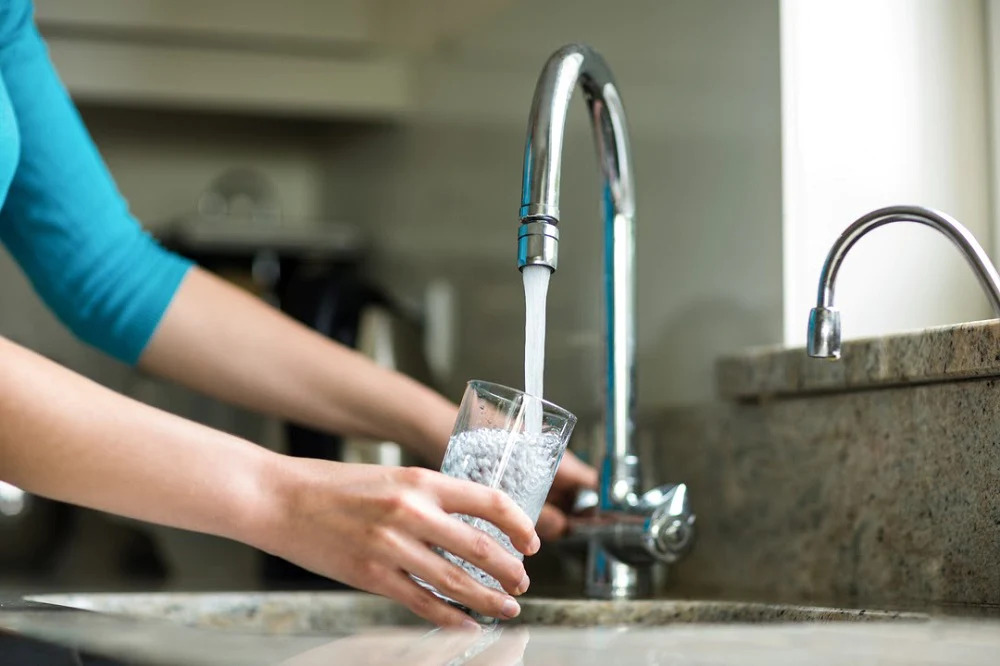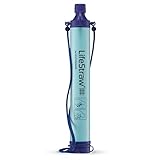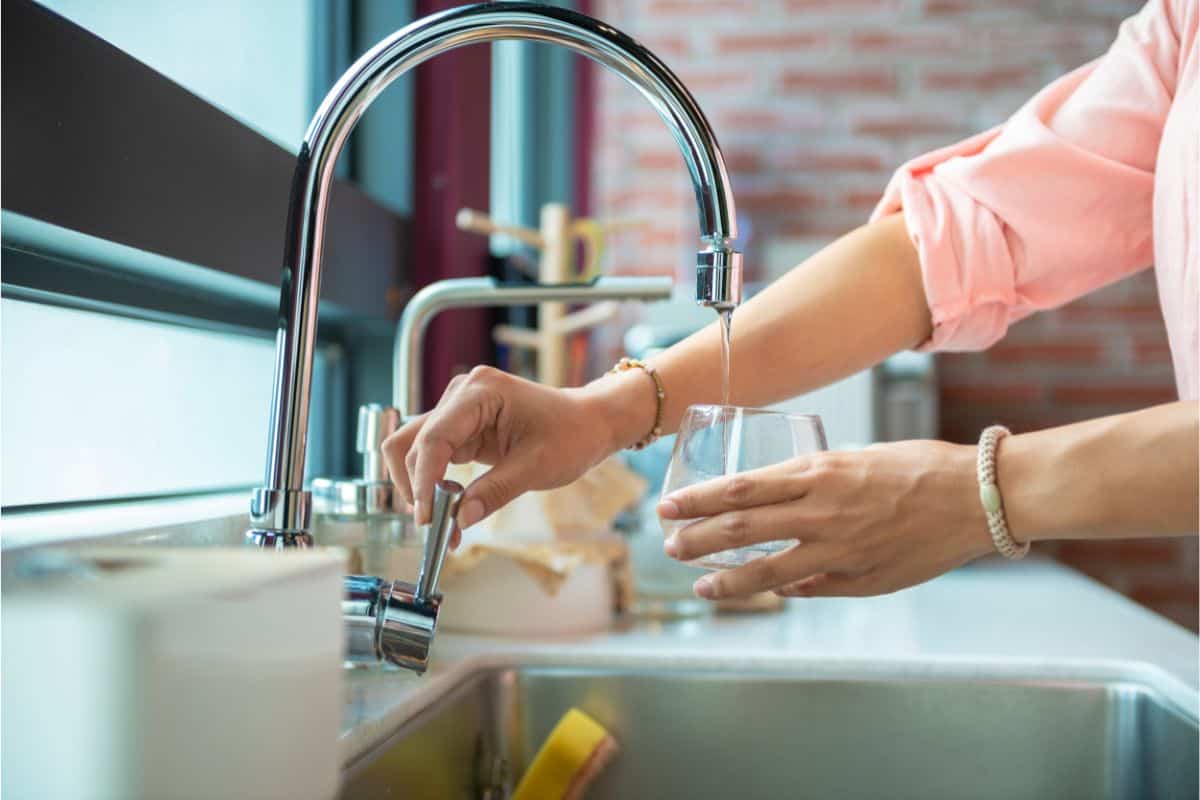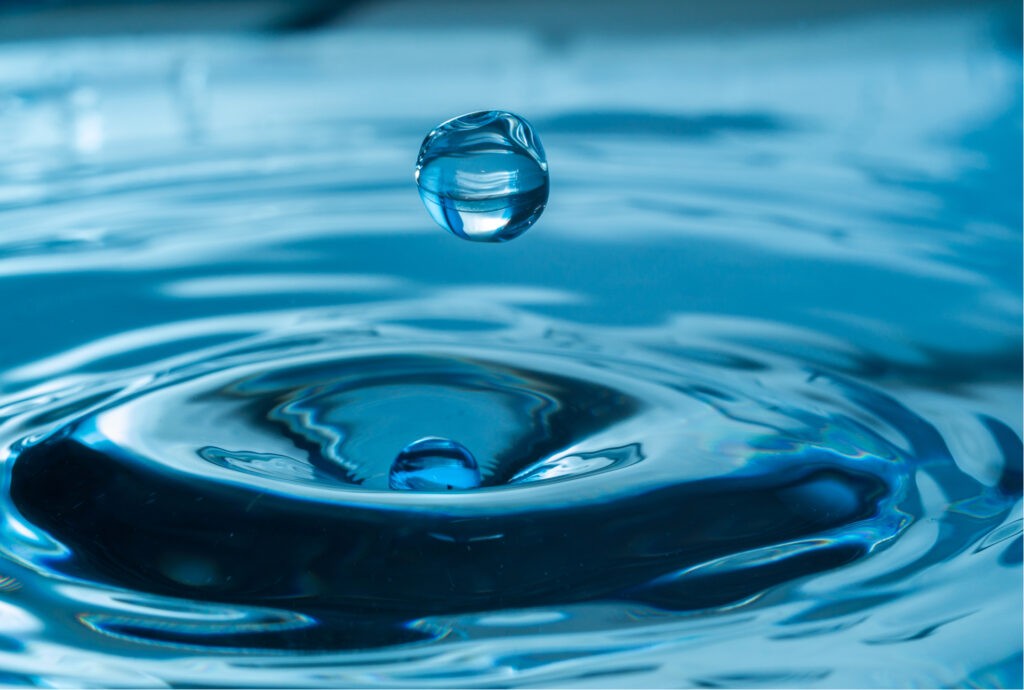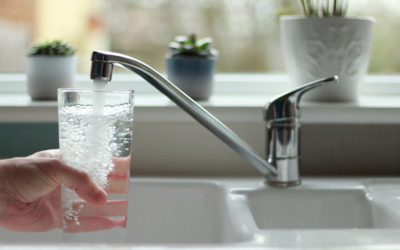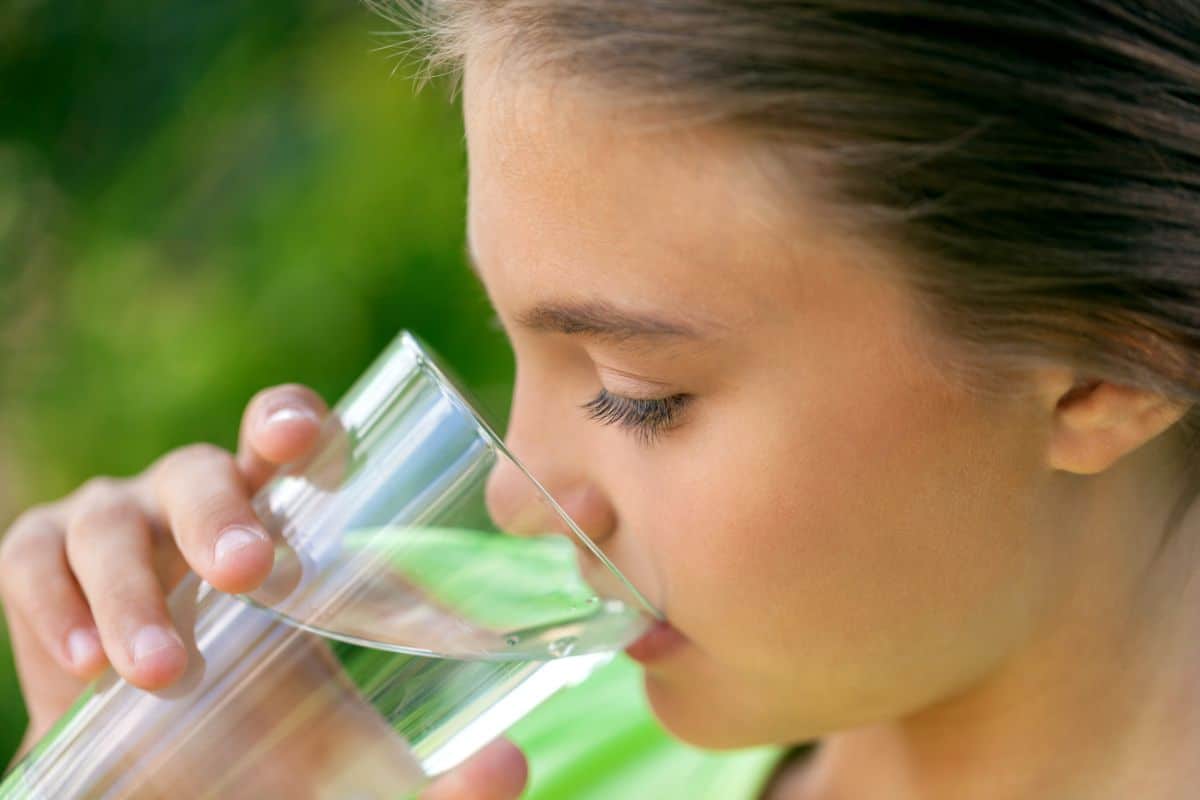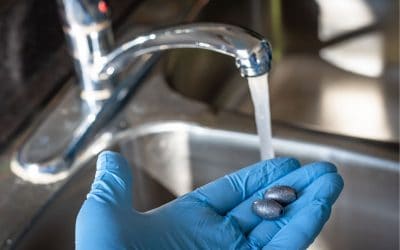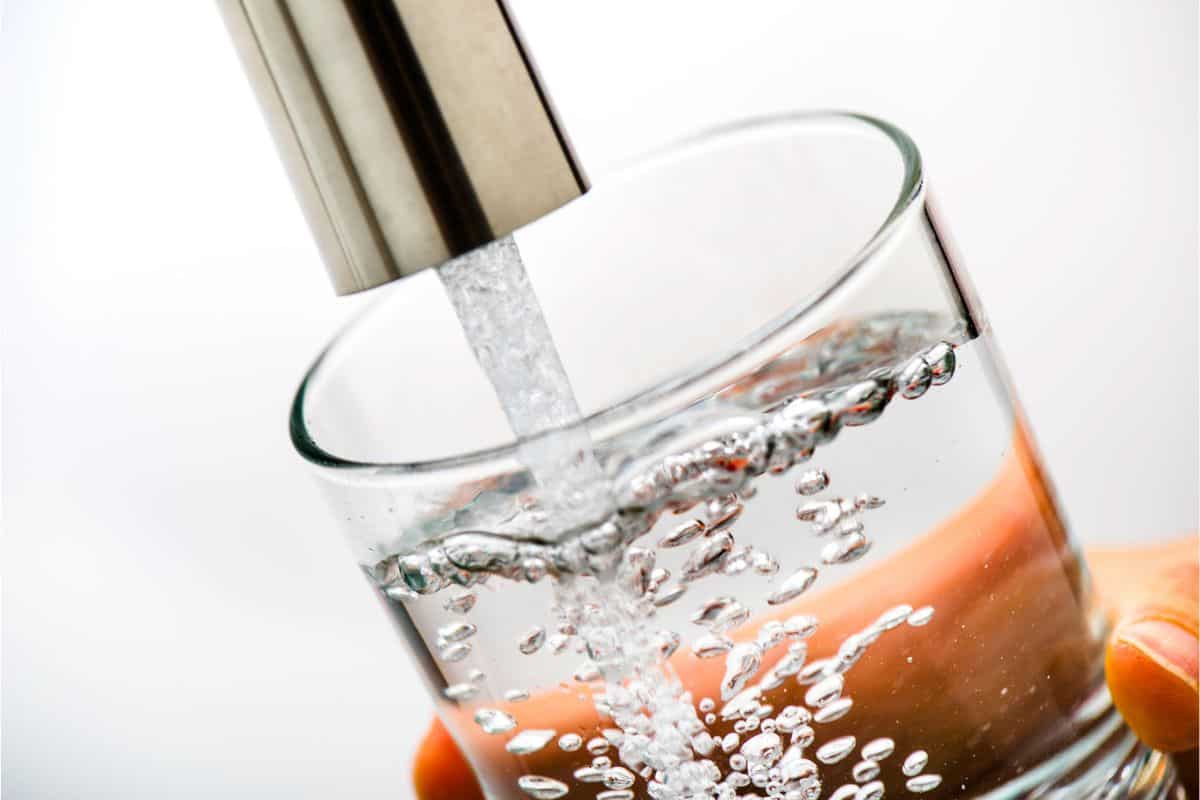If you’re visiting, you may be wondering if you can drink tap water in Miami. The answer is yes, but you should know a few things before doing so. Many people cringe at drinking plain tap water, but it’s the best option for many.
Most bottled waters are treated with artificial chemicals and additives before being sold. This means that even though you may think they are safe to drink, they may not be as pure as you think. This blog post will discuss the water quality in Miami and tell you everything you need to know about drinking tap water.
Contents
Source of Miami drinking water
Most of Miami’s tap water comes from groundwater sources, including the Biscayne Aquifer. This aquifer is a shallow layer of highly porous limestone stretching about 4,000 square miles beneath Miami-Dade County and other parts of South Florida.
Water is pumped into one of three regional water treatment plants, where it is softened and disinfected. Chlorine and ammonia are added to form chloramine, fluoridated, and filtered.
Once treated, the water is stored in underground reservoirs and tanks before being distributed to consumers.
While Miami’s tap water is safe to drink, remember all groundwater sources are susceptible to contamination. As such, it is always a good idea to consult your local water authority for specific information about your community’s water supply.
Water quality report for Miami tap water
According to the most recent Water Quality Report for Miami Tap Water, the lead present in Miami water falls below the 15ppb set by the EPA, which means it is safe to drink.
The EPA continues to research as it evaluates the negative impact of chemicals. They constantly update drinking water to acceptable levels that are safe and standard. The EPA recently issued a health advisory over emerging contaminants like PFAS, commonly found in water supplies across the country.
While the levels of these contaminants in Miami’s water do not pose a health risk, the EPA is still working to reduce them. These contaminants do not have an EPA drinking water regulation, but they can be harmful if consumed in large quantities over time.
Who regulates Miami water?
The Florida Department of Environmental Protection (DEP) regulates the public water supply in Miami. The DEP sets standards for drinking water quality and monitors compliance with these standards. The DEP also has the authority to enforce rules and regulations related to the public water supply.
In addition to the DEP, the Miami-Dade County Health Department also regulates public water supply. The health department ensures that all public water systems meet state and federal drinking water standards.
The health department also conducts regular inspections of public water systems to ensure compliance with these standards. As a result, both the DEP and the Miami-Dade County Health Department play an essential role in regulating Miami’s water supply.
Is there Lead in Miami water?
Residents of Miami are all too familiar with the city’s many challenges. From hurricanes to flooding, it seems like they are constantly dealing with some type of natural disaster.
But one often overlooked threat is the quality of the drinking water. Recently, there has been increased concern about the presence of lead in Miami’s water supply. Lead is a toxic metal that can cause serious health problems, especially in children.
Miami-Dade County Water did a recent water sampling and detected lead levels hitting 3.6 parts per billion. Although this number is technically considered not harmful to adults, the CDC, EPA, and the American Academy of Pediatrics all agree that no amount of lead is safe for children.
Related Reading: How To Remove Lead From Water
PFAS in Miami’s Drinking Water
Polyfluoroalkyl substances (PFAS) are a group of artificial chemicals, including PFOA, PFOS, GenX, and many other substances. They have been manufactured and used in various industries since the 1940s.
These chemicals are persistent in the environment and can accumulate in the human body over time. Exposure to PFAS has been linked to various health concerns, including cancer, thyroid problems, and immune system dysfunction.
Although the levels of PFAS in Miami’s drinking water are below the EPA’s health advisory level, the EPA is still working to reduce them. As these chemicals are constantly being detected in water supplies across the country, the EPA is still researching their potential health effects.
What you can do to protect yourself
If you are concerned about the quality of your drinking water, you can do a few things to protect yourself.
- Have your water tested. The EPA has a list of certified laboratories that can test your water for contaminants.
- Install a water filter in your home. Water filters can remove contaminants from your water, including lead and PFAS. There are various types of water filters on the market, so you can choose the one that best meets your needs. You can also try installing a reverse osmosis system in your home.
- Consider using bottled water. Although this is not a perfect solution, it can be a good option if you are concerned about tap water quality.
### Recent Concerns Miami, FL Tap Water Quality
Recent reports have raised concerns about the tap water quality in Miami, FL, primarily focusing on contamination issues that have prompted action from local authorities. A significant issue is the presence of elevated levels of trihalomethanes (THMs), which are chemical compounds that can form during water disinfection processes. High levels of THMs have been detected in certain areas, prompting health advisories due to their potential long-term health risks, including cancer.
Additionally, there have been instances of lead contamination detected in older neighborhoods with aging plumbing systems. This has led to increased public scrutiny and demands for infrastructure updates. The Miami-Dade Water and Sewer Department (WASD) has responded by initiating thorough inspections and flushing programs to address these contamination concerns. They are also exploring long-term solutions, such as replacing old pipes and enhancing water treatment protocols.
In response to these issues, local health agencies have advised residents, particularly those in the most affected areas, to use water filters certified to remove contaminants or rely on bottled water for drinking and cooking until the situation improves. Public meetings and information sessions have been organized to keep residents informed and involved in the ongoing efforts to ensure safe tap water.
Miami-Dade County Investigates Tap Water Contamination Concerns
https://www.local10.com/news/local/2023/09/15/miami-dade-county-investigates-tap-water-contamination-concerns/
Concerns Over Lead Levels in Miami's Water Supply
https://www.miamiherald.com/news/local/environment/article273849496.html
Health Warnings Issued Over High THMs in Miami Tap Water
https://www.nbcmiami.com/news/local/health-warnings-issued-over-high-thms-in-miami-tap-water/3100659/
Verdict
Overall, it is safe to drink tap water in Miami. However, some residents may prefer to have a water filter installed in their homes. This is because the city’s water comes from surface water sources, which are susceptible to runoff contamination.
While the city does treat its water to remove impurities, a home water filter in Miami can provide an additional level of protection. Ultimately, whether or not to drink tap water in Miami is a personal decision.
